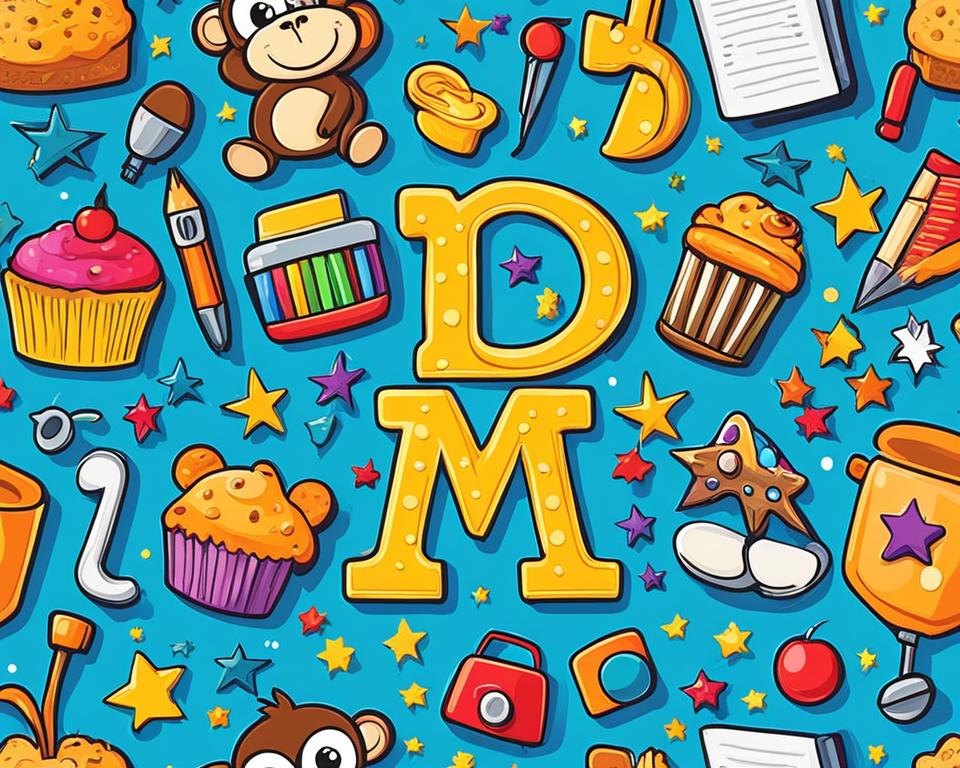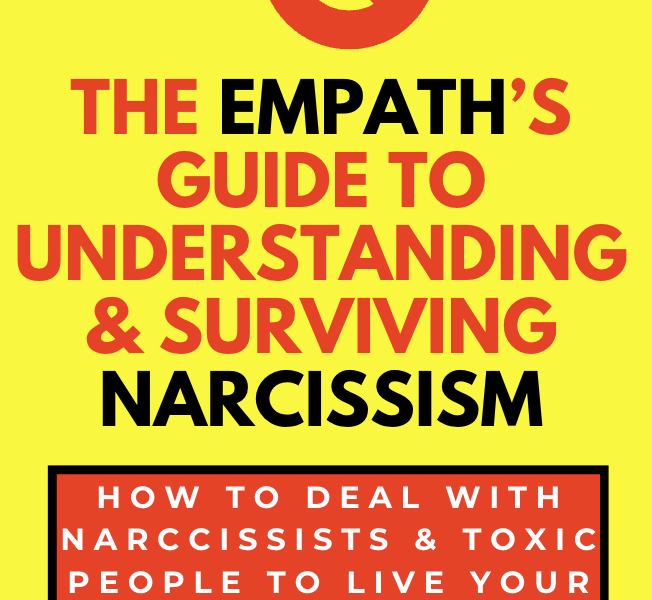In the early years of a child’s life, they begin to develop speech and language skills by listening to the people around them and learning new words. A strong vocabulary is essential for effective communication and reading and writing skills. The letter M, or m, is the thirteenth letter of the English alphabet. Introducing children to words that start with M can help expand their vocabulary and enhance their language learning experience. This article provides a comprehensive list of M words for kids, categorized by age and level, along with tips to help children learn and remember these words.
Key Takeaways:
- Introducing words that start with M for kids can expand their vocabulary and enhance their language learning experience.
- A strong vocabulary is crucial for effective communication and reading and writing skills.
- M words can be categorized by age and level to provide age-appropriate learning opportunities.
- Engaging activities such as storytelling, reading, and phonics exercises can help introduce M words to preschoolers.
- For kindergarteners, reinforcing M words through reading books, word games, and writing exercises can enhance their language skills.
Table of Contents
M Words for Preschoolers
When it comes to teaching preschoolers and toddlers new words, simplicity is key. Starting with easy-to-understand and familiar words helps them develop their speech and language skills in an engaging way. Here are some M words for preschoolers that you can introduce to enhance their vocabulary:
- My
- Me
- Mad
- Mom
- Mop
- Man
- Mouse
These words can be incorporated into various activities to make learning fun and interactive. Try storytelling sessions where the children can hear these words being used in context. Reading books that feature these words can also help reinforce their understanding. Phonics exercises that focus on individual letter sounds, like the “M” sound, can be beneficial in teaching pronunciation and recognition.
Storytelling Activity Idea
Invite the children to participate in a storytelling activity about a mischievous mouse named Max. Encourage them to use the M words they’ve learned to describe Max’s adventures in an imaginative and entertaining way. This activity not only helps them practice using the words but also sparks their creativity and storytelling skills.
By incorporating these M words into various activities, you can create a vibrant learning environment that enables preschoolers to develop their language skills while having fun. Remember to adapt the level of difficulty to suit the children’s age and understanding.
| Activity Ideas | Description |
|---|---|
| Storytelling | Encourage the children to create stories using M words. They can take turns adding sentences and building a narrative together. |
| Word Hunt | Hide M word cards around the classroom or outdoor area. Let the children search for the cards and say the words aloud when they find them. |
| Letter Tracing | Provide worksheets with the letter M and various objects that start with M. Guide the children in tracing the letter and saying the associated word. |
M Words for Kindergarteners
Kindergarten and early elementary students are at a crucial stage of language development, where their vocabulary rapidly expands. Introducing M words for kindergarteners can help enhance their language skills and facilitate their communication abilities. Here are some M words that are suitable for kindergarteners as well as early elementary students:
| Words | Meanings |
|---|---|
| More | Additional or greater in quantity, degree, or extent |
| Much | A large amount or degree of something |
| Letters, packages, or other items sent through the postal system | |
| Moon | The natural satellite of Earth, often visible at night |
| Mouth | The opening through which an animal or human takes in food and speaks |
| Mango | A tropical fruit with a sweet, juicy taste |
Reinforce these M words for kindergarteners through engaging activities such as:
- Reading books with M words in them
- Playing word games, such as word puzzles or scavenger hunts
- Practicing writing and spelling M words
By making learning fun and interactive, children will be more motivated to explore and remember these M words, building a strong foundation for their language skills.
Advanced M Words for Elementary Students
As children progress through elementary school, they are exposed to more challenging vocabulary and are expected to expand their language skills. By introducing advanced M words for elementary students, educators can facilitate their language development and provide them with a richer vocabulary to express their thoughts and ideas.
Here are some challenging M words for kids in grade 3 and above:
- Menagerie
- Malarkey
- Magnificent
- Monumental
These words can be integrated into various learning activities to enhance students’ understanding and usage. For example, during reading comprehension exercises, students can encounter these words in context, allowing them to grasp their meanings and usage naturally. Moreover, writing projects provide an opportunity for students to incorporate these advanced M words into their compositions, elevating the sophistication and depth of their written work.
In addition to written exercises, discussions and debates can be conducted to encourage students to actively use these advanced M words. By engaging in verbal communication, students develop their fluency and confidence in expressing complex ideas using an extensive vocabulary.
Remember, fostering a love for learning and a curiosity for language is essential for helping elementary students succeed in their academic pursuits.
Bringing Advanced M Words into the Classroom
Incorporating advanced M words into the classroom can be an interactive and enjoyable experience. Here are some strategies to help educators effectively teach and reinforce these challenging words:
- Word Games: Engage students in word games, such as crossword puzzles or word searches, that feature advanced M words. This makes learning more enjoyable and helps students remember the meanings and spellings of these words.
- Vocabulary Journals: Encourage students to keep vocabulary journals where they can write down and reflect on the advanced M words they encounter. This habit fosters active learning and personalizes the vocabulary-building process.
- Contextual Reading: Provide students with reading materials, such as novels or news articles, that contain advanced M words. Encourage them to identify and analyze the meaning and usage of these words within the given context.
- Classroom Discussions: Stimulate classroom discussions on topics related to the advanced M words. Prompt students to express their thoughts and opinions using these words, promoting critical thinking and effective communication skills.
By implementing these strategies and creating an engaging learning environment, educators can empower elementary students to confidently use advanced M words, expanding their language abilities and preparing them for future academic success.
Conclusion
Building a strong vocabulary is crucial for a child’s development and language learning journey. Introducing words that start with M for kids can be a fun and interactive way to expand their word power. By using age-appropriate and engaging activities, parents and educators can help children learn and remember M words, boosting their communication skills and overall language proficiency.
For preschoolers and kindergarteners, simple and familiar M words like “my,” “me,” “mad,” and “mom” can be introduced through activities such as storytelling and phonics exercises. As children progress through elementary school, more advanced M words like “menagerie,” “malarkey,” and “magnificent” can be integrated through reading comprehension exercises and writing projects.
Remember to tailor the activities and word choices to match the child’s age and level of understanding. By consistently incorporating M words into their learning environment, children will develop a robust vocabulary that will benefit them in their academic journey and beyond.
FAQ
What are some M words for preschoolers?
Some M words for preschoolers include “my,” “me,” “mad,” “mom,” “mop,” “man,” and “mouse.”
What are some M words for kindergarteners?
Some M words for kindergarteners include “more,” “much,” “mail,” “moon,” “mouth,” and “mango.”
What are some advanced M words for elementary students?
Some advanced M words for elementary students include “menagerie,” “malarkey,” “magnificent,” and “monumental.”
How can I help my child learn and remember M words?
You can help your child learn and remember M words through activities like storytelling, reading books, playing word games, and practicing writing and spelling.
Why is building a strong vocabulary important for children?
Building a strong vocabulary is important for children as it enhances their communication skills, reading and writing abilities, and overall language proficiency.


